The lure of the keto diet is so strong that anyone who wishes to lose weight wants to try it out. However, the thought of eating mostly fats will make you think, “Can the keto diet cause high cholesterol?”
That what we’re going to reveal in this post. So, let’s dive in.
But before answering the question, let’s first break down this diet.
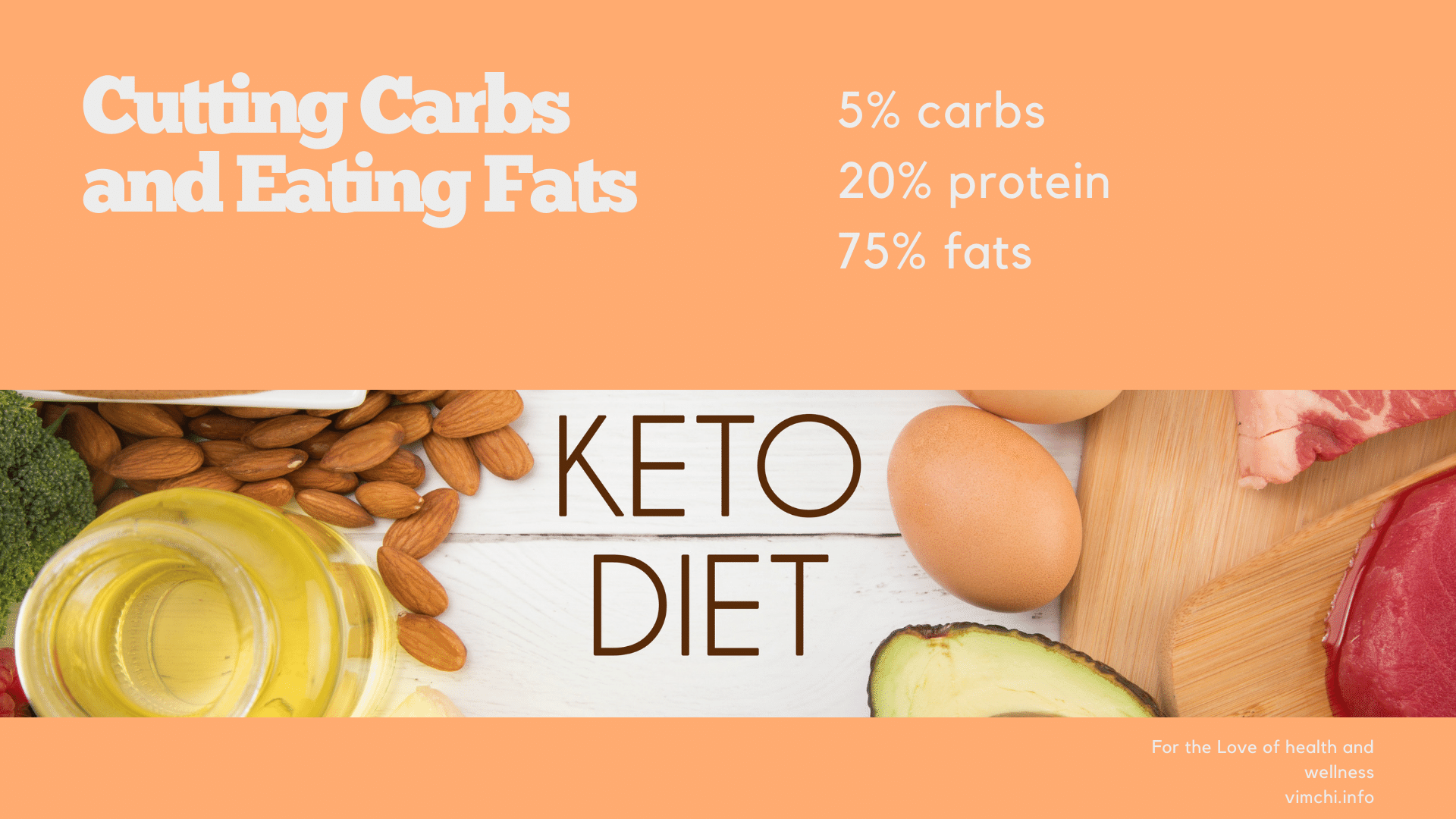
Cutting Carbs and Eating Fats
When you follow a ketogenic or keto diet, you need to reduce your carb intake. It means no cheesecakes. What you’ll focus on are low-carb vegetables. You can’t eat beans, fruits, and grains.
Overall, your carb intake when you’re on keto is only 5%.
For your protein intake, you only need 20% of it from meat, eggs, and cheese.
And of course, the rest of your intake must be calories from fats, like butter, avocado, and unprocessed nuts, among others.
The goal of this diet is to help you burn fats by reducing your carb intake. When you strictly follow it, your body will turn into a fat-burning machine as it uses fats as energy, instead of carbs.
The concept is simple. When you cut your carb intake, your body will turn to your stored fats and burn them to become fuel.
When the fats are broken down, the process is known as ketosis. However, your body will only transition into ketosis after a few weeks of eliminating carb from your body. It’s ideal to integrate keto diet into your intermittent fasting plan, such as 24-hour fasting or OMAD.
Since the majority of your calories are from fats, will it cause your cholesterol to go up to the roof?
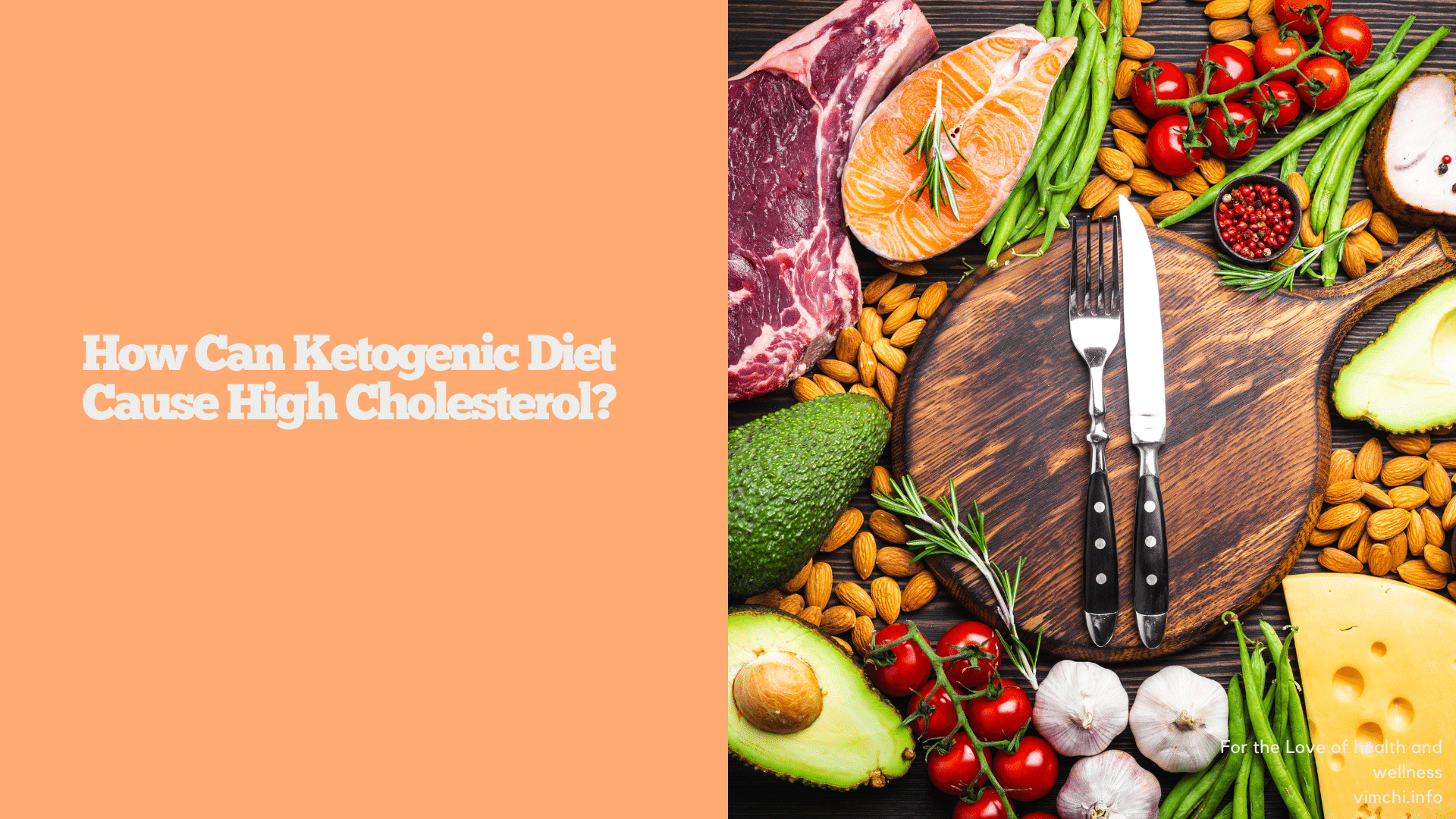
How Can Ketogenic Diet Cause High Cholesterol?
To answer that, you first need to understand how cholesterol is produced.
The liver produces it. But you can also get it from your food. If you take a high amount of fatty foods, then they can cause an increase in your cholesterol levels.
When you follow a low-carb diet, your liver produces fewer triglycerides.
Triglycerides are vital for your body as they can be used for immediate and stored energy.
But they’re a type of fat that can harden your arteries if they are available in your body in excess.
That said, the effect of keto on triglycerides, in a way, is positive.
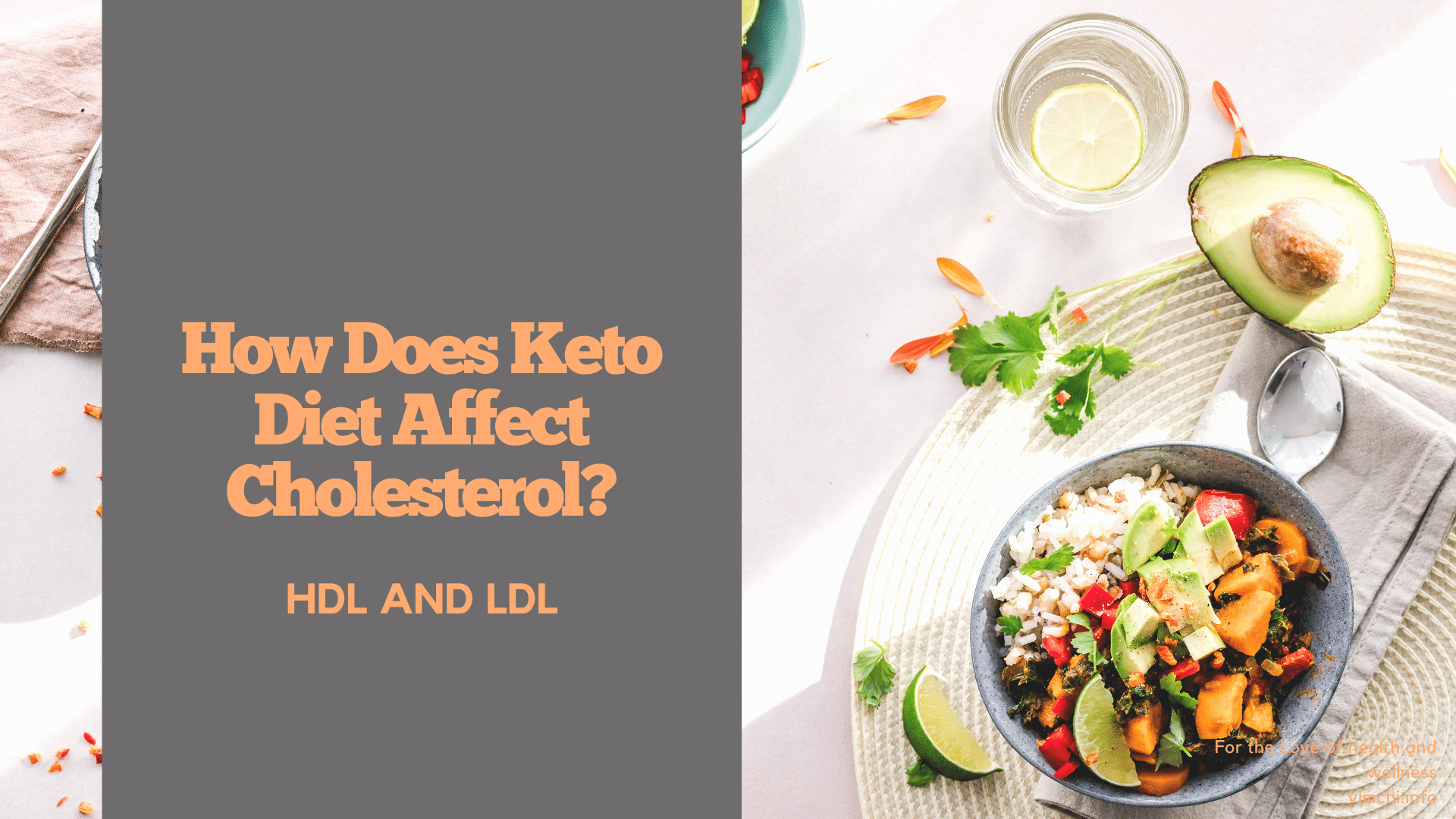
How Does Keto Diet Affect Cholesterol?
Low-density lipoprotein (LDL) and high-density lipoprotein (HDL) are two main types of cholesterol. The former is so-called bad cholesterol while the latter is the good one.
In an older study, researchers found that people who were in the keto diet group had higher HDL cholesterol levels. But their LDL levels didn’t change.
In a way, it’s a good thing. The keto diet lowers the artery-clogging triglycerides while increasing the good form of cholesterol.
That said, even though the keto diet increases your cholesterol level, it’s the good form that’s being enhanced and not the bad one.
Can you duplicate this result?
Increasing your HDL while lowering your triglycerides will largely depend on the type of keto diet you follow.
Keep in mind that the keto diet isn’t in one form. There are many ways to follow it.
For that reason, it’s all about the kind of fats you take. Don’t assume that when you’re on the keto diet, you can eat just any fats and avoid carbs.
A keto-friendly diet may involve unsaturated fats and saturated fats.
Unsaturated fats are anti-inflammatory. They are good for the heart. Thus, you need to focus on eating unsaturated fats.
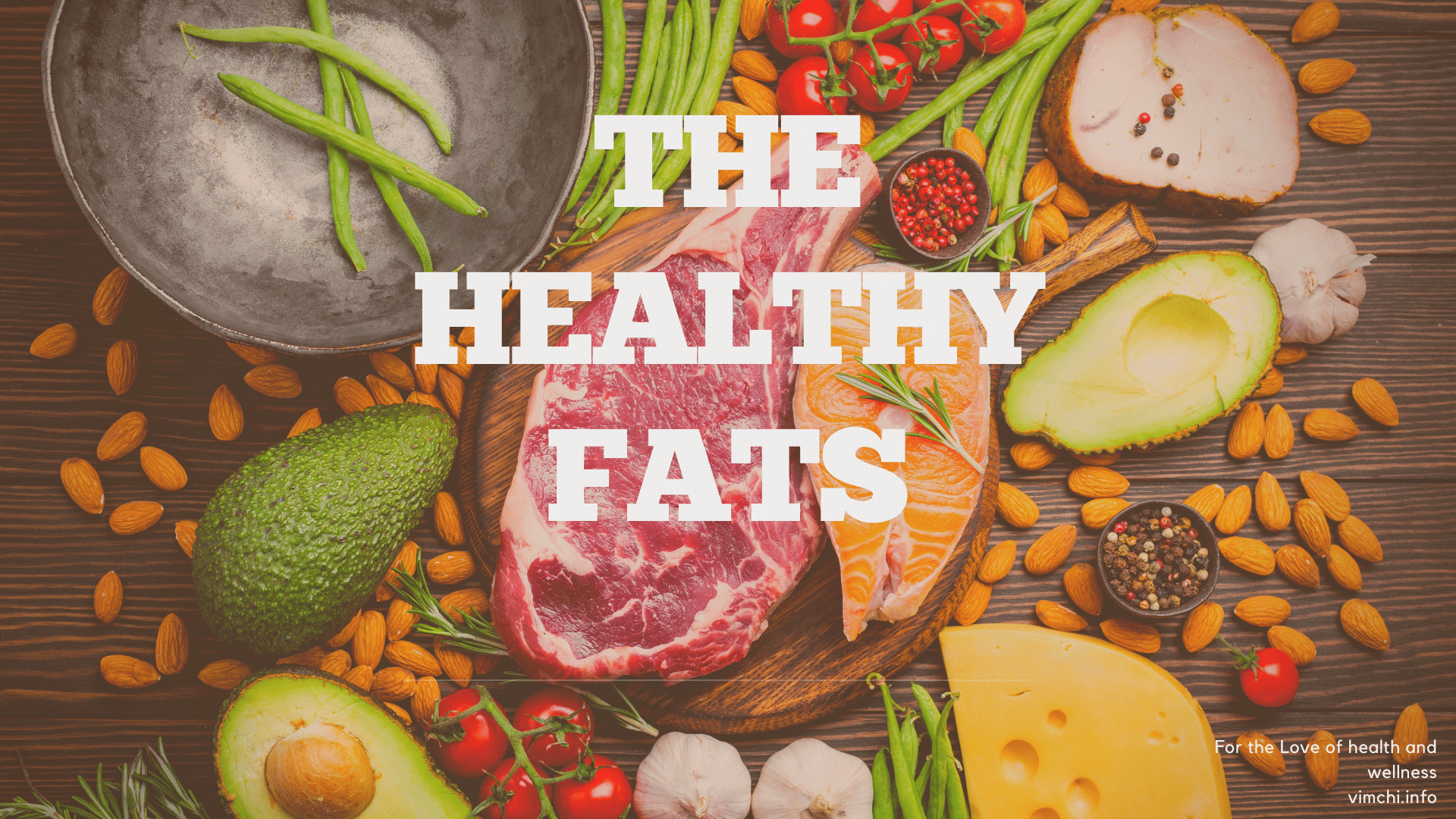
Examples of unsaturated fats are as follows:
- Avocado
- Nuts
- Seeds
- Olive oils
- Walnuts
- Fish Canola oil
- Sunflower oil
- Fish
- Omega-3
Saturated fats, on the other hand, maybe harmful. However, this idea started to evolve.
In recent studies, researchers found that eating food high in saturated fat didn’t cause a risk of heart disease. But this topic is still unsettled.
However, the message here is that if you remove a type of fat, you need to be mindful of what you’re replacing it with.
For instance, if you cut back on saturated fat with good fats, then that’s good for your health. However, if you remove saturated fat and consume refined carbs, then it’ll cause harmful effects on your body.
In other words, you need to choose the right type of fat if you want to stay healthy while on the keto diet.
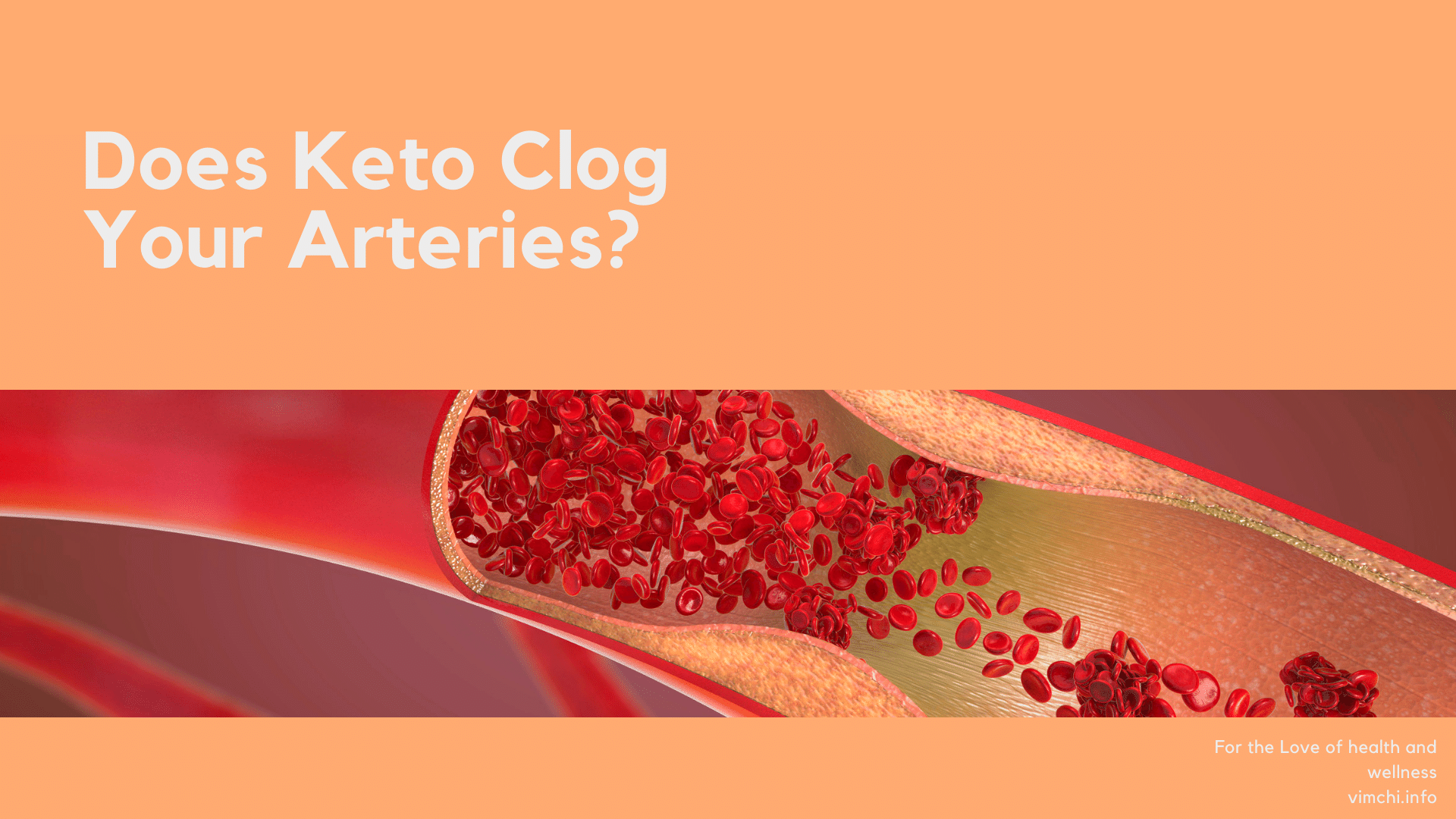
Does Keto Clog Your Arteries?
Although it may increase your cholesterol levels, it may not clog up your arteries. The reason for this is that the keto diet raises your HDL levels and not the bad type of cholesterol.
However, it still boils down to the type of fats you’re eating. If you focused on the good fats, then you don’t have to worry about your arteries when on keto.
Then again, the keto diet isn’t appropriate for everyone.
Some experts still don’t recommend the keto diet when it comes to heart health. What they do recommend is a Mediterranean diet that’s filled with good fats.
You must also remember that the keto diet is restrictive. Thus, it’s challenging to stick to it for a longer time.
If you follow it for weight loss, you’ll lose weight. However, it may not be sustainable because of its restrictiveness. When you go off it, you’ll gain your weight back.
But a lot of keto dieters swore by this type of diet. In fact, some of them have heart disease. They said that their cardiac tests returned normal after following a few weeks of keto.
But it doesn’t mean you can follow the keto diet too. If you’re living with heart disease, you should talk to your cardiologist. I’m 100% sure he/she is going to recommend a Mediterranean diet and not a ketogenic diet.
You must not depend on keto to prevent heart disease. If you really wish to try it, you must work with your doctor.
If you don’t have a heart condition, you may follow a ketogenic diet. However, you must focus on good fats.
Then, make sure to monitor your cholesterol levels. To do that, you may need to undergo a blood chemistry examination that will test your lipid levels.
If your goal is to achieve ketosis, experts recommend eating a balanced diet through intermittent fasting.
Conclusion
“Can keto diet cause high cholesterol?” Yes, it can increase blood cholesterol but it raises the good type and not the bad one.
But there are caveats when following this diet. Talk to your doctor if you wish to change your diet to keto.
Over to you.
Have you tried the keto diet? Did it increase your cholesterol levels? Please let me know in the comments section below.
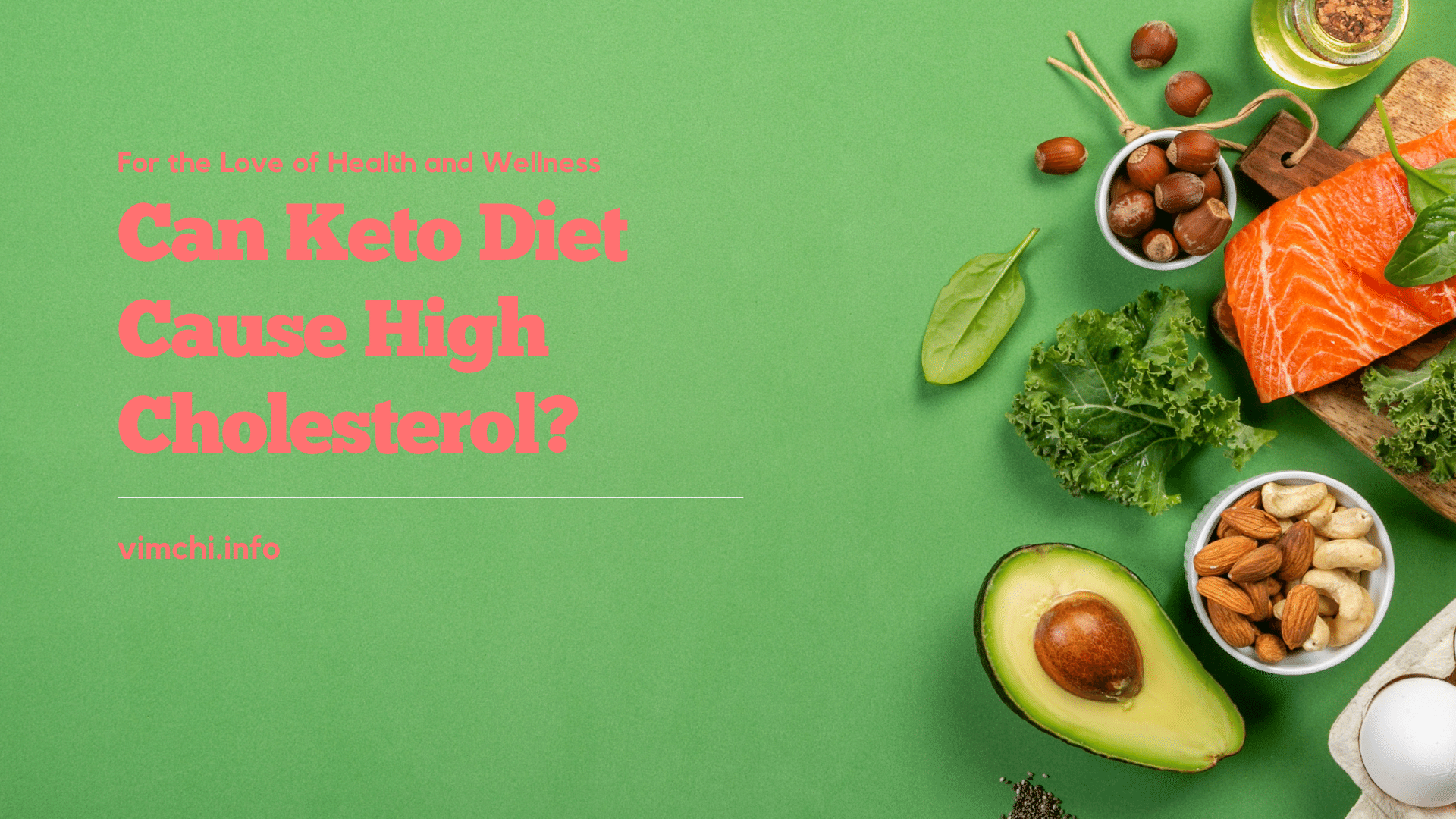
Speak Now ... Or Forever Hold Your Peace